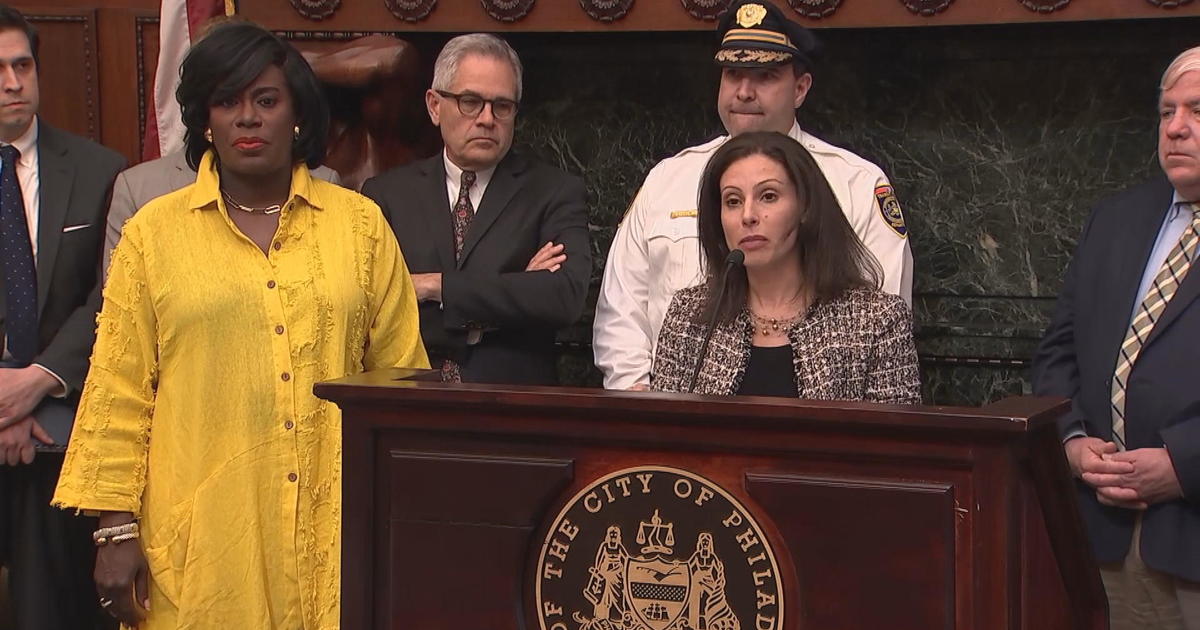Ask A Philadelphia Expert: Tips For Brewing Your Own Beer
Curt Decker & Gordon Grubb
Nodding Head Brewery
(215) 562-9525
www.ripsneakers.com
Curt Decker, Owner of Nodding Head Brewery, and Gordon Grubb, Brew Master, have been crafting beers for years and have owned the brewery since 1999. The brewery has been nationally known for its brew "Ech Bin Ein Berliner Weisse." The pub has moved out of Center City and is looking at locations in Fishtown, Jenkintown and Fairmount. The Nodding Head Brewery restaurant was kitschy, yet rustic and is named Nodding Head because of all the bobble heads that adorn the perimeter. Nodding head serves a spectrum of beers from light ales to more heavy beers such as their Grog, which has hints of chocolate.
Use Malted Barley As Your Mash
The mash is the base your beer evolves from, and though you can use an extract, Grubb recommends using malted barley. "When brewing an all grain beer (which is what craft beer makers use) you begin with malted barley." The ratio is one quart of water per pound of grain. Your mash is your base. It is here where the enzymes from your grain convert to sugar. And alcohol in the end is sugar. This grain gives your beer its flavor and color. The temperature should be between 144-158 degrees Fahrenheit for at least 60 minutes. Stir frequently.
Don't Pour Too Fast With Your Sparge
The sparge is the second part of the beer-making process; you have to convert your starches to sugars during the mash process, and now you are removing the sugars. When you are transferring your mash, be sure to pour slowly, so you don't splash yourself, nor do you want to clog the sparge. Clogging is considered "obnoxious" for many brew masters, and is avoided by properly stirring and pouring.
Boil First Then Add Flavors
Hops are added during the boiling stage. Boiling of course removes impurities and sanitizes everything you have already done. Whatever other flavors or extracts you wish to add get added during this stage, after the boil has occurred. This should take about 30 minutes; once the mixture has a froth to it, you have now made wort.
Related: Top 5 Sports Bars In Philly
Sanitize And Cool
Be sure to cool your "wort." And make sure everything that touches your beer is fully cleaned and sanitized. You don't want to make yourself or those enjoying your brew sick. Don't use cleaners that have scents; you don't want to have the delicate nature of your beer pick up some lavender or lemon scents that you weren't intending to be in there. After the wort has cooled to 75 degrees, it's ready for the fermentation process.
Don't Rush Fermentation
Yeast is what makes the fermentation happen, and the sugar from your mash is being eaten by the yeast. After it's sealed, be sure to give the bucket a good shake, as this will open the molecules to do their work. This part can take up to two weeks, or when the beer reaches what is called "Final Gravity." Store your bucket somewhere in a climate-controlled atmosphere that is between 67-70 degrees.
Related: Best Local Breweries In Philadelphia
Christina Dagnelli is a freelance writer in Philadelphia and the author of Little Squares with Colors: A Different way to look at autism. Her work on examiner can be found here Examiner.com.



